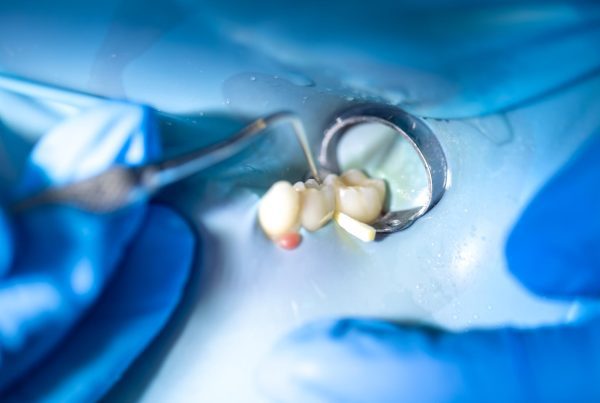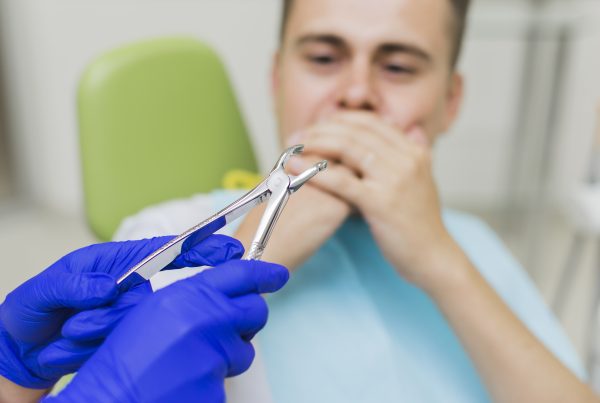Infected Wisdom Teeth: Symptoms, Risks, and Treatment Options
Wisdom teeth, also known as third molars, typically emerge between ages 17-25. While some people never experience problems with these late-blooming teeth, many face complications including infections. Infected wisdom teeth can cause significant discomfort and potentially serious health issues if left untreated.

Understanding Wisdom Tooth Infections
When wisdom teeth partially erupt through the gum, they create pockets where food particles and bacteria can become trapped. This often leads to pericoronitis, an infection of the gum tissue surrounding the tooth. The partially exposed tooth becomes difficult to clean properly, setting the stage for infection.
Impacted wisdom teeth—those that don’t have enough room to emerge or develop normally—are particularly susceptible to infection. The cramped positioning can cause pressure against adjacent teeth and create spaces where bacteria thrive.
Common Symptoms of Infected Wisdom Teeth
Recognizing an infected wisdom tooth early can prevent more severe complications. Watch for these warning signs:
- Persistent, throbbing pain at the back of the mouth
- Swollen, red, or tender gums around the affected area
- Difficulty opening your mouth completely (trismus)
- Bad breath or an unpleasant taste in your mouth
- Swollen lymph nodes in your neck
- Fever or general malaise
- Pus discharge near the affected tooth
- Facial swelling on the affected side
Some patients may experience difficulty swallowing or even breathing if the infection becomes severe enough to affect surrounding tissues.


Potential Complications When Left Untreated
An infected wisdom tooth requires prompt attention. Without proper treatment, the infection can spread to:
- Adjacent teeth, causing damage or decay
- Deeper oral tissues, resulting in abscesses
- The jawbone, potentially leading to osteomyelitis (bone infection)
- The bloodstream, causing sepsis in extreme cases
- Nearby facial spaces, creating dangerous deep space infections
Some patients develop cysts or tumors around untreated impacted wisdom teeth, which can damage bone and nearby healthy teeth.
Treatment Options for Infected Wisdom Teeth
Treatment depends on the severity of infection and the position of the wisdom tooth. Options include:
Antibiotics: Often prescribed to control active infection before definitive treatment. While antibiotics address immediate symptoms, they don’t resolve the underlying cause.
Improved Oral Hygiene: Your dentist might recommend specialized cleaning techniques for partially erupted wisdom teeth, including irrigation with antimicrobial solutions.
Extraction: Most dental professionals recommend removing problematic wisdom teeth to prevent recurring infections. Extraction eliminates the source of infection and prevents future episodes.
Operculectomy: In select cases where the wisdom tooth is healthy and properly positioned, removing the overlying gum flap might be an option to eliminate the pocket where bacteria collect.


Prevention and Early Intervention
Regular dental check-ups with X-rays can identify potential wisdom tooth problems before they become infected. Many dentists recommend preventive removal of wisdom teeth that show signs of future complications.
If you experience any symptoms of an infected wisdom tooth, seek dental care promptly. Early intervention typically means simpler treatment, less discomfort, and faster recovery.
Remember that while home remedies like saltwater rinses may provide temporary relief, they don’t eliminate an established infection. Professional dental care is essential for proper diagnosis and treatment of infected wisdom teeth.



